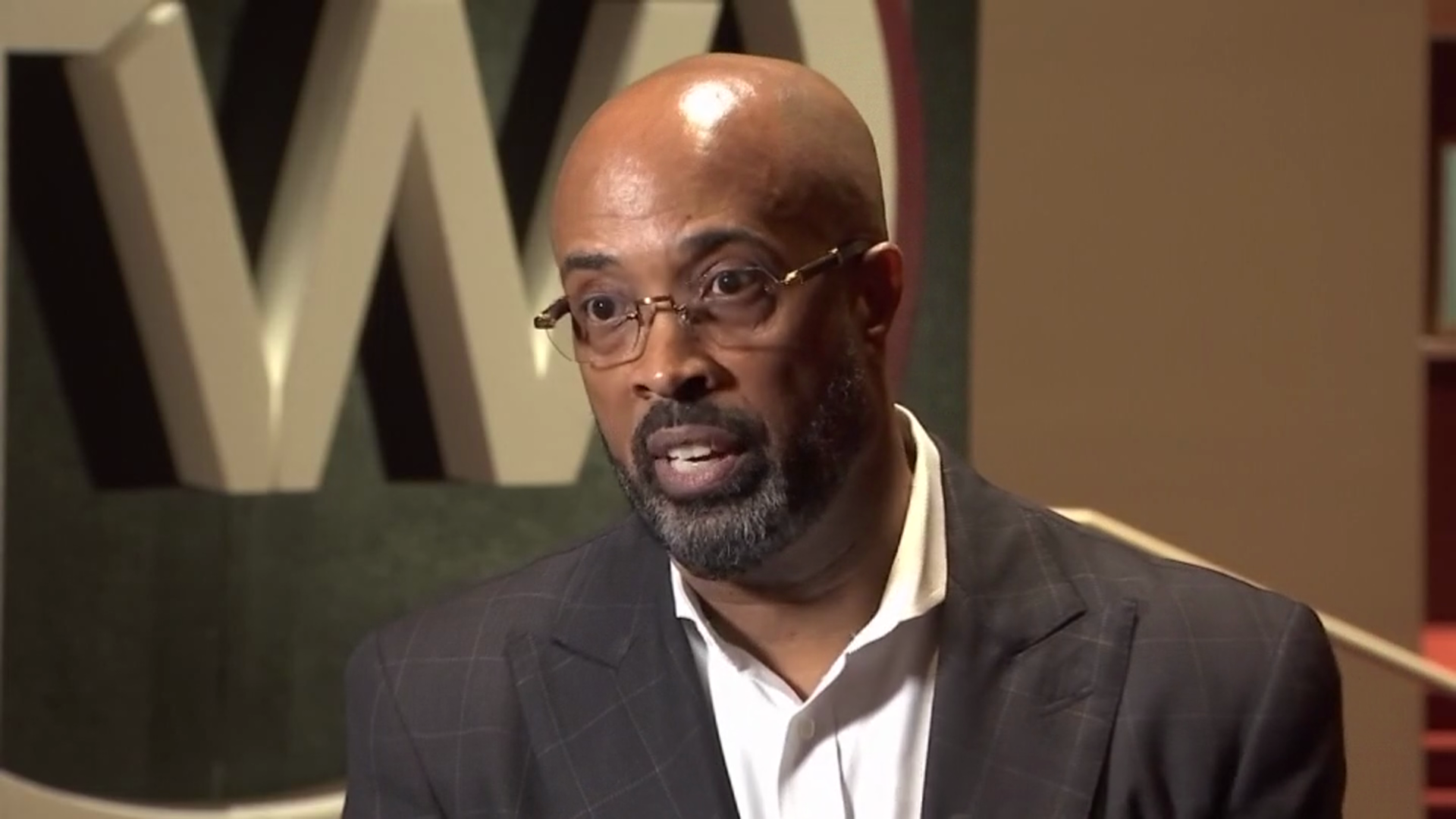Republicans are using their biggest majority ever in the Texas House to promote their conservative vision: government slashed to the bone, more curbs on abortion, far less money for birth control and new ID requirements for voters.
The new supermajority has pushed those long pent-up priorities and more with lightning speed through the often raucous body that gave Gov. Rick Perry his start as a Democrat in the 1980s. With so many cards left to be played, it's far too early to say what will make it through the less partisan Senate. But it's clear that Republicans in the House have begun to show their hands -- even at the risk of voter backlash.
Look no further than the staggering cuts to education, and the support they received from powerful House speaker, Rep. Joe Straus of San Antonio. House Republicans facing a huge budget shortfall voted in virtual lockstep last weekend to take a whopping $8 billion out of the formula-based funding for public schools, which would be the first such reduction since the modern school finance system was introduced in 1949. The House-approved budget plan also would, for the first time, spend more to pay off transportation debts than it does on new roads.
"I don't think that education cuts are politically popular. I don't think that not addressing infrastructure needs in the state is politically popular," Straus told The Associated Press. "But they require discipline and that's been the mission. ... I think the voters asked for it."
The Republicans have 101 members in the 150-chamber after sweeping the tea party-infused elections last year. That's enough to transact business even if all 49 House Democrats never showed up for work. It's a far cry from 2003, when Democrats lost control of the chamber but still had enough strength to temporarily block initiatives -- including by leaving the state, as their counterparts did recently in Wisconsin.
The Democrats' only available strategy in the Texas House of Representatives is to complain. They have generally advocated using more money from the so-called Rainy Day Fund, a reserve account that has billions of dollars in it. Most Democrats also say they want to raise more revenue, either by fees or through various tax reforms, to soften the budgetary blows.
Veteran Rep. Pete Gallego, a West Texas Democrat who first took office in 1991, said Republicans are doing everything they can to "make the tea party happy" and are not trying to get any buy-in from Democrats. He compared the experience to a wild and unwelcome ride.
Local
The latest news from around North Texas.
"You're essentially strapped into the back seat of a car. You're going where the car goes, and the car is going into the ditch," he said. "And there is not a damn thing you can do about it."
In past years, for example, Democrats blocked the bill requiring Texans to show a photo ID before voting. This year, the bill appears headed for passage after clearing both the House and Senate with slightly different language. Perry has said he'll sign it.
Meanwhile, on amendment after amendment in the House budget deliberations, Democratic efforts to block the conservative agenda were shot down. Republicans pushed through measures that cut $60 million from family planning services, including money for low-income women to get doctors' visits needed to receive birth control pills. Some of the money was re-directed to anti-abortion programs.
Earlier in the session, the House also pushed through controversial legislation requiring women to undergo sonograms before getting an abortion, with no exceptions for rape and incest. That bill has hit a rough patch in the Senate, which offered up a less restrictive measure. Leaders in the two chambers are trying to work out the differences.
Beyond the black-and-white partisan split, other fissures and pressures have emerged in the House. Staunch conservatives failed to get everything they wanted, including a revenge-laced measure designed to end public corruption probes by the Travis County district attorney's office, which recently got a conviction against former Republican U.S. House Majority Leader Tom DeLay.
And leaders haven't been able to prevent unexpected things from happening. Rep. David Simpson, R-Longview, put together an odd-couple coalition of Democrats and Republicans to approve an amendment zeroing out funding for the Texas Commission on the Arts and redirecting it to services for the elderly and disabled.
Channeling tea-party-like, populist anger right back at his own leaders, Simpson also has railed against hundreds of millions of dollars in what he calls "corporate welfare." It happens to include Perry's job-luring initiatives, the Texas Enterprise Fund and Emerging Technology Fund.
"These parts of the budget are more protected than schools and the weak among us," Simpson said. He failed to redirect the money, but not before raising a stink among Republicans.
Differences among House Republicans over budget priorities pale in comparison to the divide between Republican representatives and senators. The Senate budget is likely to come in several billion dollars higher than the House version. Republican Lt. Gov. David Dewhurst, who presides over the chamber, recently held out hope that education funding levels would not drop a bit in the Senate budget.
Reconciling those differences will test the strength of the House supermajority, and possibly the will of the governor, who might have to call a special session to smooth it over. Straus, the House speaker, did not appear to be in a blinking mood in the AP interview.
"We have a difficult balancing job to do up here, and that's to weigh what's popular with what's affordable," Straus said. "We in the House lean toward what's affordable. Now the Senate will have their chance and they typically lean toward what's popular."



